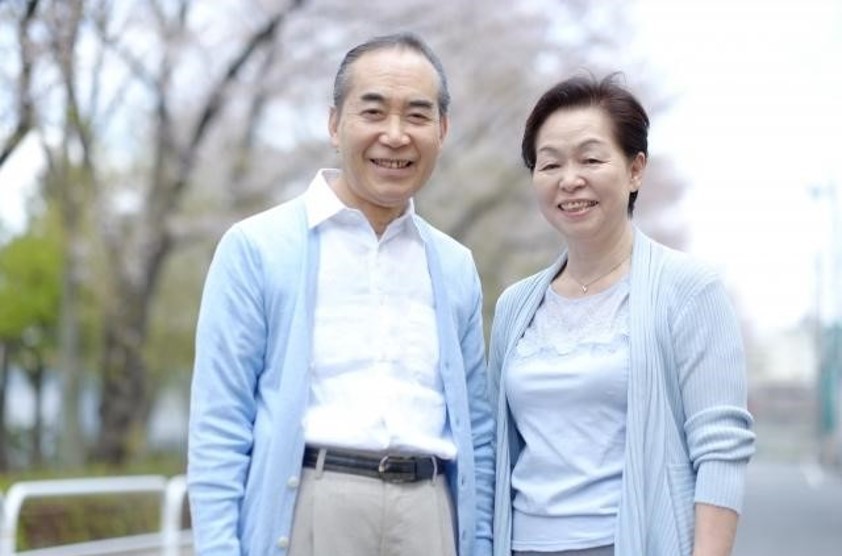
Let’s learn how Japan’s public services pave the way for a long, healthy life—even after 65 years old.
Health care for all
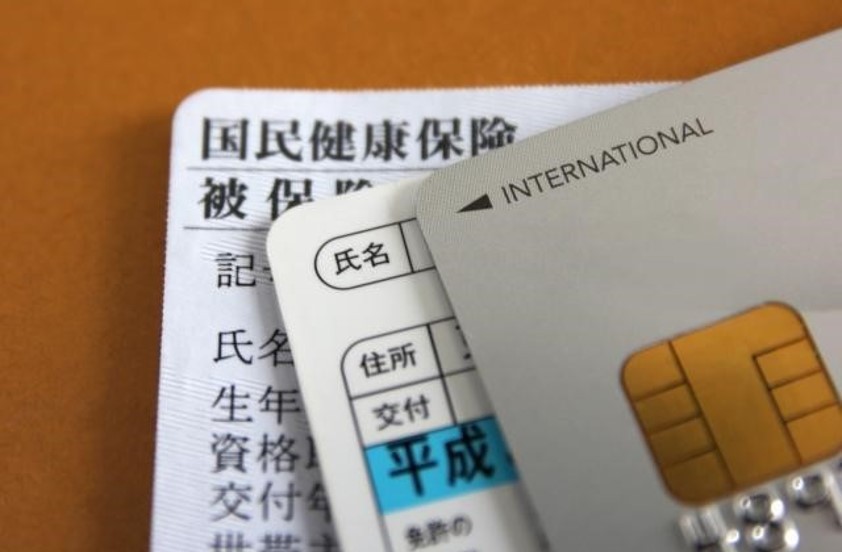
Japan’s universal healthcare system allows all citizens of Japan to get equal access to the care they need, no matter their age.
There are two options: either you’re covered by your employer, or you’re under national health insurance. Premiums depend on a person’s age and income, but almost all general hospitals, clinics, and treatments are covered in the plan.
Healthcare-related fees are kept very low. School-aged children, students and adults pay 30%, while elderly people and small children pay 20% of the bill. There are even more benefits for people over 75.
And even if a serious medical condition racks up the bills, the government provides a program to keep costs down. Under this program, any bill that goes over a set amount will be repaid to the patient.
These measures make it easy for Japanese to go to the hospital and receive care without worrying about the cost.
Because of this, many Japanese people will visit the hospital for something as simple as the common cold. This allows for early detection of more serious diseases, meaning they can be prevented.
This may be why Japan’s healthcare spending was only $4,500 per person in 2015. In contrast, Sweden’s spending was $5,400 per person and America’s was a whopping $9,800.
No doubt, Japan’s high-quality healthcare system is one of the main reasons for Japan’s long-life expectancy and low infant mortality rate.
A society that supports the elderly
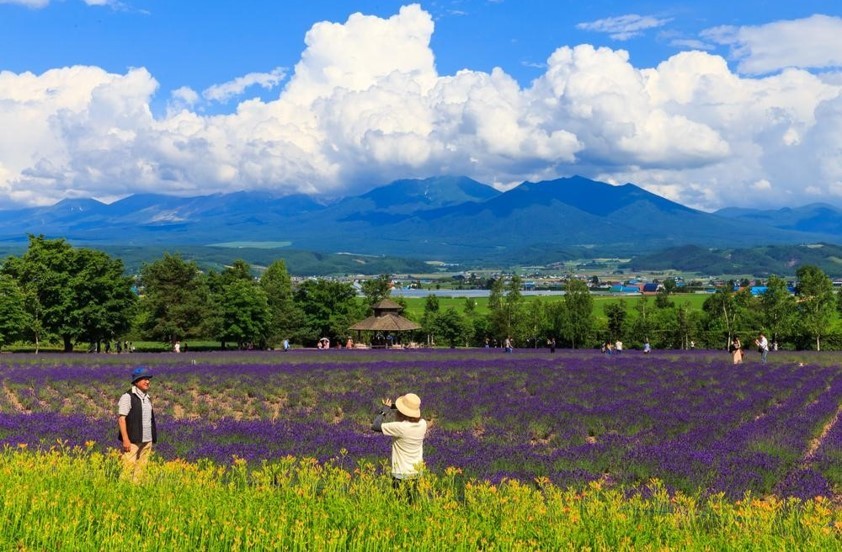
It’s no secret that Japan is aging fast.
Today, a quarter of the population is over the age of 65. That number has quadrupled since the 1970s and experts believe that people over 65 will take over 40% of the population by 2060.
Over the years, Japan has built a huge caregiving industry to take care of the growing needs of this senior population. That industry is expected to rocket to 15.2 trillion yen by the year 2025.
The government now offers public services for elderly people who don't want to lose their sharpness and mental skills. They can learn new skills and hobbies, go swimming or do fun physical activities in these government-sponsored classes.
Seniors can also purchase discounted hair and beauty services, adult diapers, and even massage services through their local city office.
All of these services work together to help elderly Japanese live healthy and comfortable lives without being placed in a nursing home.
But the government isn’t the only one with services for seniors.
Senior-friendly services
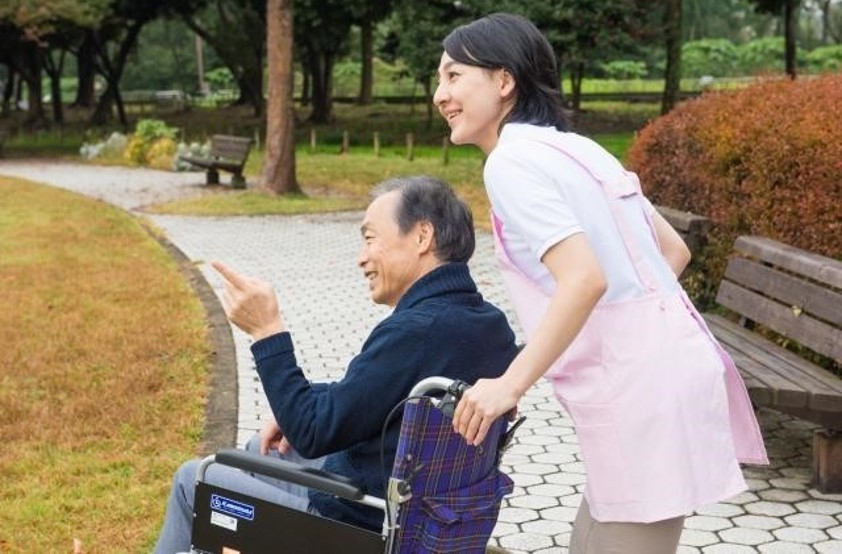
Many businesses have recognised the opportunity of the growing senior citizen market. These companies are racing to provide new and innovative services for their care.
With all the demand for caregivers, it’s difficult to find enough people. That’s inspired big tech companies like Panasonic to build caregiver robots for nursing homes.
Supermarkets and caterers offer at-home delivery of grocery goods, daily-use items, and meals for seniors who can’t make it to the store.
Since 1994, Nippon Active Life Club has offered a “time bank” for the elderly. Members earn points by volunteering to do something helpful, like visit another elderly person. Points are used to “buy” services like housekeeping or a lunch companion.
Not only does the time bank provide senior citizens companionship and help around the house, it also gives them a feeling of purpose as they help others.
And these are just a few examples of the new innovations being developed in Japan every day.
Thanks to an increasing array of services, elderly Japanese can more fully enjoy their lives. They can get great health care, stay connected to friends, maintain an active lifestyle, and stay independent for a long time.
Now you know the top 3 reasons why Japanese enjoy such long lives. What surprised you most about Japan’s senior-friendly society?
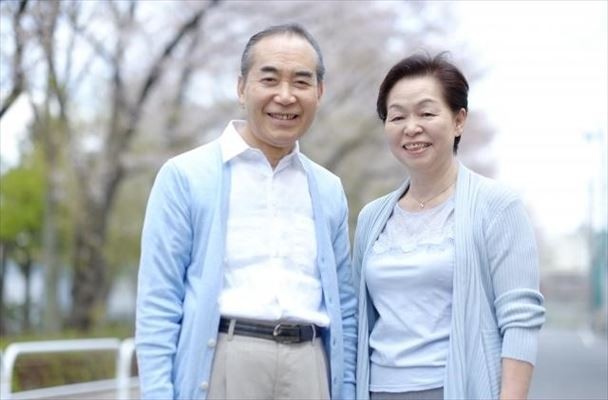
Comments